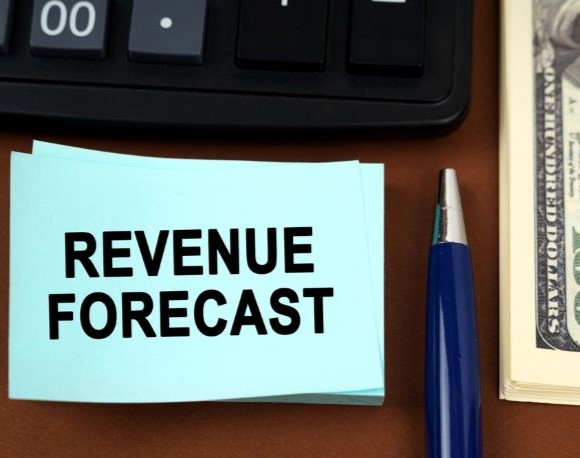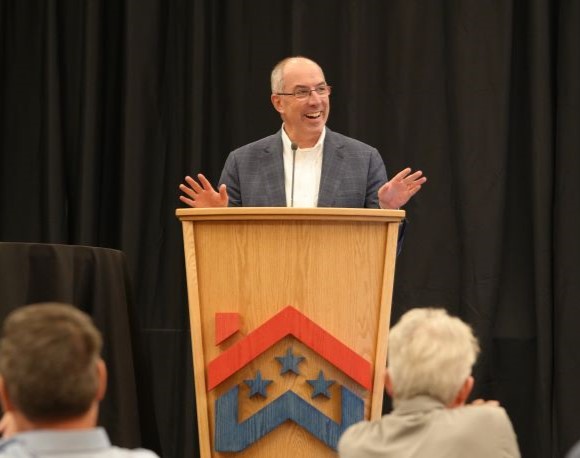August 7, 2024
As we kick off the Yes on Initiative 2066 campaign, it's important to know the facts so you can fight back against all the misinformation out there. For years, BIAW and others have fought attempts to restrict or ban natural gas as an energy choice on multiple fronts. This is despite the fact our state overwhelmingly supports access to natural gas as an energy choice and opposes banning natural gas for cooking or heating.BIAW drafted Initiative 2066 to protect people’s right to choose natural gas and propane as an energy source and to prohibit politically motivated gas bans at every level of government, at any time and across our state.Thanks to everyone’s hard work to spread the word, more than half a million people signed petitions. On July 25, the Secretary of State certified the petitions for the November ballot.Now it’s time for everyone to VOTE YES on I-2066!
Know the facts to fight back
Arm yourself with natural gas facts The opposition is already spreading misinformation to confuse voters. And it’s only going to get worse. Here are some common accusations—and the truth you need to fight back.Estimate Your Cost to Convert Natural Gas Appliances to Electric
THEY SAY: The fossil fuel industry is funding this initiative so they can keep polluting the planet.
WE SAY: The top industry contributors to I-2066 are the building, real estate, hearth and patio and hospitality industries. We all oppose bans on natural gas and propane because they add unnecessary costs to our members and their customers who rely on natural gas and propane for energy security and want to have natural gas stoves, furnaces, fireplaces, water heaters and grills. Our diverse group of supporters see renewable natural gas as a way to decarbonize while maintaining reliability of energy delivery.
THEY SAY: There is no natural gas ban so there is no need for this initiative.
WE SAY: I-2066 prohibits natural gas bans in any form, anywhere and at any level and protects energy choice for the families and businesses in Washington who rely on it for cooking, heating their homes and providing reliable energy service now and into the future.The final version of Puget Sound Energy’s (PSE) bill (HB 1589) passed in the 2024 legislative session included a requirement to plan to end natural gas service and convert users to all-electric service (Section 4(3) h).The governor praised this bill in a news conference as helping the state “get out of the fossil fuel business” by 2050. Couple this with the Washington State Building Code Council’s new energy codes, making it so cost-prohibitive to include natural gas service in new construction that it doesn’t make sense to do so, and you have a natural gas ban in Washington—regardless of what they want to call it or when it goes into effect. If there truly is “no gas ban,” opponents should support our efforts to protect energy choice.
THEY SAY: Natural gas stoves cause children to have asthma.
WE SAY: The most recent study, funded by the World Health Organization, debunked earlier studies claiming natural gas stoves caused childhood asthma. It found no significant association between natural gas and asthma. Absent natural gas as a backup energy source, many homeowners turn to other sources for heating and cooking, like woodstoves. And burning wood has been proven to be much more likely to cause or worsen asthma. The EPA, Lung Association, and others all agree!
THEY SAY: We must ban natural gas in homes to reduce carbon emissions and fight climate change.
WE SAY: According to the U.S. Energy Information Administration, Washington state accounts for 0.19% of the world’s carbon emissions—two-tenths of one percent. Residential energy use accounts for between 18 and 20% of those emissions. And of that, only a fraction is attributed to natural gas use. Converting existing homes from natural gas to electric will cost on average $40,000. Building new homes under our restrictive energy codes adds $13,000 to the cost of a new home. The cost-benefit analysis simply doesn’t pencil out.
THEY SAY: I-2066 will take away clean energy rebates and incentives.
WE SAY: I-2066 preserves energy choice for everyone. The legislature, through HB 1589, removed incentives and rebates for energy-efficient natural gas use. I-2066 restores them. The federal Inflation Reduction Act (IRA) includes incentives and rebates for other energy-efficient appliances, like heat pumps. Nothing in I-2066 takes that away.
THEY SAY: I-2066 limits access to “state-of-the-art heating and cooling equipment that will save money as energy costs increase.”
WE SAY: Nothing in I-2066 limits access to equipment or appliances. However, forcing consumers to purchase this equipment and/or appliances will stress the supply chain and artificially drive up costs. Already builders struggle to buy the transformers, mini-splits and windows needed to comply with Washington’s stringent new energy codes.Visit protectenergychoice.com for more information on I-2066!**Published in the July/August issue of Building Insight**








